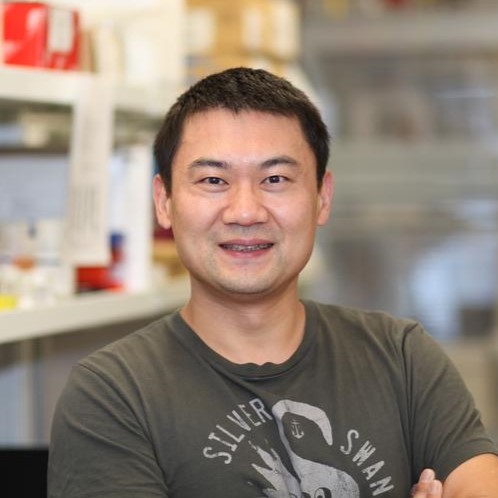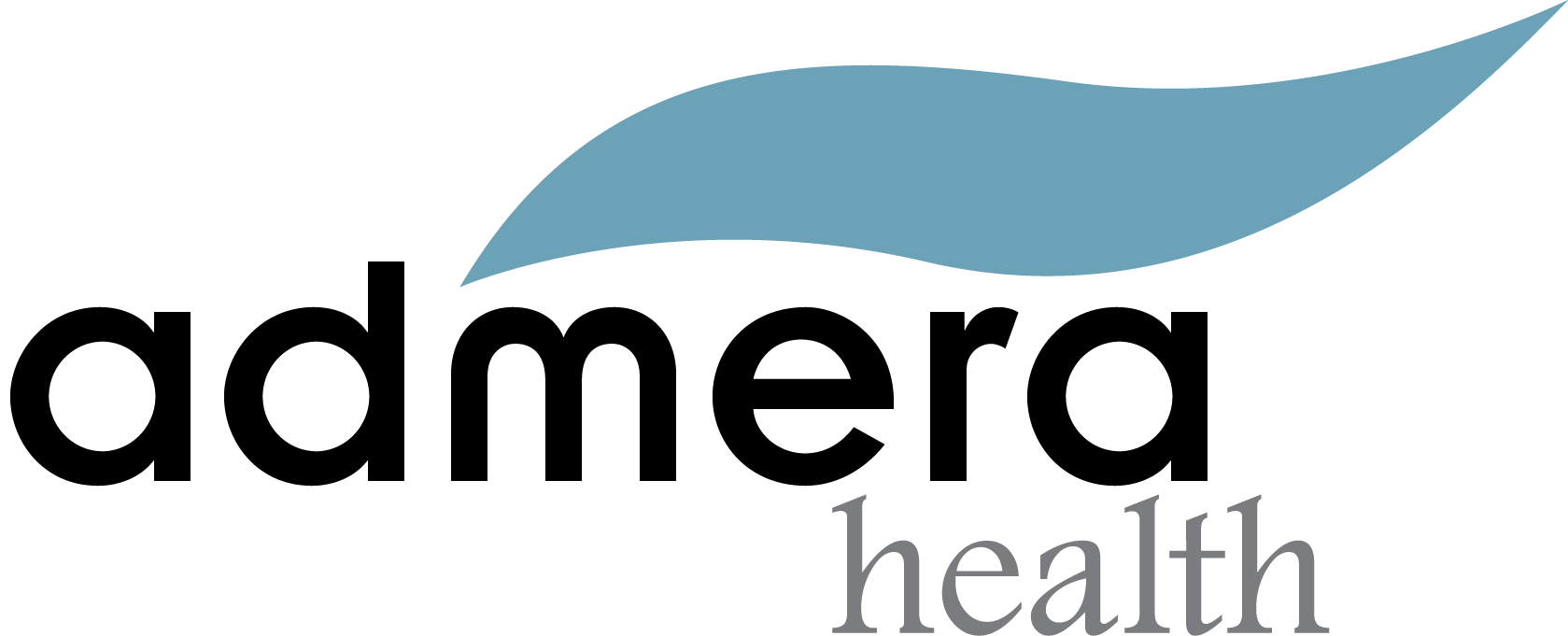- Home
- Past Conferences
- From Genetic Discoveries to Gene Function in Human Diseases Conference
From Genetic Discoveries to Gene Function in Human Diseases Conference
What have we learned after two decades of GWAS discovery? #GWAS24
13 Jul - 16 Jul 2024
Lisbon, Portugal
-

Anny Xiaobo Zhou
Harvard University
-

Thomas Quertermous
Stanford University
Early Bird - Expired • Talk Submission - Expired • Poster Submission - Expired • Registration & Payment Deadline - Expired
Report
The first Fusion conference on ‘From Genetic Discoveries to Gene Function in Human Diseases’ was held at the beautiful Dolce CampoReal resort near Lisbon. This inaugural conference from GWAS to Biology aimed to bring together thought-provoking leaders in the translational genomics field from a wide spectrum of human diseases including neurological disorders, cardiovascular diseases, metabolic traits and pulmonary diseases. Through sharing the common challenges and diverse progress in functional characterization of non-coding variants identified from genome-wide association studies (GWAS), we hoped to reach consensus for emerging challenges and opportunities, and arrive at directions for future strategies in the next stage of functional genomics studying GWAS loci in human diseases.
Major advances presented at this inaugural Fusion conference targeting functional characterization on GWAS loci included: 1) novel bioinformatic methods and experimental approaches for regulatory functional variant identification and characterization; 2) identification of additional functional variants regulating splicing, mRNA and lncRNA expression, RNA post-transcriptional modification; 3) novel model systems and methods such as iPSC and single cell multi-omics, 4) integration of network and mouse model approaches to map the connectivity among GWAS genes for converged pathways. The conference also highlighted some of the latest discoveries in functional variant screening pipelines, novel model systems and technologies used for screening multiple GWAS loci and selected loci and genes, enabling characterization of the function of variants/genes/cell type/cell stage, especially with inter-connected cellular networks. The discussion was lively and positive and highlighted both the recent discoveries made by the field but also the new and emerging questions that the field faces in the coming years.
Notable were amazing talks by keynote speakers Dr. Themistocles Assimes (Stanford) and Sheng Zhong (UCSD), which were supported by another 23 talks from leaders in the field as well as rising young scientists and junior trainees. Additionally, high-quality poster sessions continued productive interactions and heated discussion among scientists studying various diseases, primarily focused on junior researchers. All participants enjoyed the location of the venue, interactive discussion and inclusivity and family-feel of the meeting, as supported by the remarkable Fusion conference team led by Rosie Johnson. The last night of the conference highlighted a gala dinner, dancing, and announcement of the awardees for the poster presenters.
This inaugural conference achieved huge success, which would not have been possible without the remarkable assistance from the Fusion team, and we all look forward to the next meeting in 2025-2026.
Synopsis
Both the registration and poster submission deadlines have now passed for the 'From Genetic Discoveries to Gene Function in Human Diseases' Conference. However, if you are still interested in joining us, please email Rosie to enquire. Enquiries are dependent upon on hotel availability at the time of enquiry.
This conference aims to include recent progress in translating human genetic discoveries into functional characterization of genome wide association study (GWAS) regions that encode risk for complex human diseases. This symposium will highlight a number of exemplary functional studies of GWAS loci, examine how single cell data can accelerate translation of genetic associations, and how we can expand our catalogs of causal genes using the new CRISPR-Cas9 screening tools.
Key Sessions
- Genetic fine mapping of non-coding GWAS variants
- Integrative approaches linking non-coding variants to genes
- Novel model systems and methods for functional variant and gene screening
- Identification of functional variants in GWAS regions related to splicing or RNA editing
- CRISPR-based screening in vitro and in vivo to map causal genes
- Ex vivo organoids from stem cells to expedite the study of causal genes
- Application of GWAS findings to drug discovery
Confirmed Keynote Speakers
Themistocles (Tim) Assimes (Stanford University)
GLOBAL MECHANISMS AT PLAY GLEANED THROUGH GWAS OF CAD AND RELATED TRAITS
Sheng Zhong (University of California San Diego)
SINGLE-CELL MULTIPLEX CHROMATIN AND RNA INTERACTIONS IN AGEING HUMAN BRAIN
Confirmed Invited Speakers
Simon Biddie (University of Edinburgh)
PREDICTING FUNCTIONAL NON-CODING VARIANTS IN REGULATORY ELEMENTS
Kristen Brennand (Yale University School of Medicine)
MODELING THE GENETICS OF BRAIN DISEASE USING STEM CELLS
Jesse Engreitz (Stanford University)
MAPPING THE REGULATORY WIRING OF THE GENOME TO CONNECT DISEASE VARIANTS TO FUNCTIONS
Mark Gerstein (Yale University)
TOPICS IN NEUROGENOMICS
Anna Gloyn (Stanford University)
MINING THE GENOME FOR GOLD: DRILLING DOWN ON MECHANISMS FOR ISLET CELL DYSFUNCTION USING HUMAN GENETICS
Rajat Gupta (Harvard Medical School)
IDENTIFYING THE SHARED GENETIC RISK BETWEEN RARE AND COMMON VASCULAR DISEASES
Hansen He (University of Toronto)
GENETIC AND EPIGENETIC RISK IN PROSTATE CANCER
Danwei Huangfu (Memorial Sloan Kettering Cancer Center)
A STEM CELL APPROACH TO HUMAN GENETICS - FROM CRISPR SCREENS IN TO GENES, ENHANCERS AND DISEASE RISK VARIANTS
Minna Kaikkonen-Määttä (University of Eastern Finland)
DECODING THE GENETIC AND CELLULAR BASIS OF ATHEROSCLEROSIS: INSIGHTS FROM SINGLE-CELL SEQUENCING AND FUNCTIONAL GENOMICS APPROACHES
Leah Kottyan (Cincinnati Children's Hospital)
USING MASSIVELY PARALLEL REPORTER ASSAYS TO IDENTIFY FUNCTIONAL GENETIC VARIANTS
Guillaume Lettre (Université de Montréal)
INVESTIGATING THE IMPACT OF VASCULAR DISEASES-ASSOCIATED GENETIC VARIANTS ON ENDOTHELIAL FUNCTIONS USING CRISPR-BASED PERTURBATION SCREENS
Michael McGeachie (Brigham and Women's Hospital and Harvard Medical School)
WHOLE-GENOME SEQUENCING STUDY OF SERUM miRNA EXPRESSION QUANTITATIVE TRAIT LOCI IN ASTHMATIC CHILDREN IDENTIFIES COLOCALIZATIONS WITH ASTHMA-RELATED GWAS RESULTS
Luca Pinello (Harvard University)
CRISPR-CLEAR-IN-SITU INVESTIGATION OF GENOTYPE-TO-PHENOTYPE RELATIONSHIP WITH NUCLEOTIDE LEVEL RESOLUTION CRISPR SATURATION MUTAGENESIS SCREENS
Tim Reddy (Duke University)
HIGHLY-MULTIPLEXED CONTROL OF GENE REGULATORY ELEMENTS VIA DCAS12A-BASED EPIGENOME EDITING
Aabida (Abby) Saferali (Brigham and Women's Hospital and Harvard Medical School)
INTEGRATIVE ‘OMICS OF TRANSCRIPTOME COMPLEXITY IN DISEASE ASSOCIATIONS
Richard Sherwood (Harvard University)
CRISPR-BASED DECODING OF LIPID-ASSOCIATED GENOMIC VARIANTS
Jian Shu (Broad Institute)
Ruby Wang (Boston Children's Hospital)
MODELING THE FUNCTIONAL IMPACTS OF ASTHMA SUSCEPTIBLE VARIANTS AT 17Q21 NEARBY GSDMB IN THE IPSC-DERIVED AIRWAY EPITHELIUM
Ting Wang (Washington University in St. Louis)
EPIGENETIC MODIFICATION OF POLYMORPHIC TRANSPOSABLE ELEMENTS IN HUMAN
Chad Weldy (Stanford University)
BEYOND EXPRESSION: LINKING GENETICS TO RNA EDITING AS A CAUSAL MECHANISM OF ATHEROSCLEROSIS
Chan Zhou (UMass Medical School)
UNCOVERING DISEASE-ASSOCIATED NOVEL LNCRNAS: A COMPUTATIONAL PERSPECTIVE
Student Offer
Take advantage of this fantastic opportunity for students! Fully paying 'single' or 'shared' registrants can bring a student for only €926. Unfortunately, Postdocs are not eligible for this offer. Both registration packages include; accommodation for the 13, 14, 15 July 2024 (on a shared basis for students) and a food and beverage package for the conference period. Once registered, please contact Rosie Johnson to obtain a special registration link for your student.
Target Audience
- Basic research scientists
- Translational researchers
- Human geneticist
The specific specialties include bioinformatic analysis to interrogate functional variants, experimental biologists who use various model systems to determine functional impacts of variants and genes. Demographic distribution of audience include US, Canada, and European countries. Basic understanding of human genetic discoveries will be preferred but not required
Educational Need
- Learn about the importance of assigning an associated region to the correct candidate genes
- Learn about the integrative approaches to identify functional variants in the non-coding associated regions in GWAS
- Understand important in vivo phenotypes and signalling pathways related with genes identified from human genetic studies.
Confirmed Speakers
Chairs

Anny Xiaobo Zhou
Harvard University

Thomas Quertermous
Stanford University
Plenary Speakers

Sheng Zhong
University of California San Diego

Themistocles (Tim) Assimes
Stanford University
Invited Speakers

Simon Biddie
University of Edinburgh

Kristen Brennand
Yale University School of Medicine

Jesse Engreitz
Stanford University

Mark Gerstein
Yale University

Anna Gloyn
Stanford University

Rajat Gupta
Harvard Medical School

Hansen He
University of Toronto

Danwei Huangfu
Memorial Sloan Kettering Cancer Center

Minna Kaikkonen-Määttä
University of Eastern Finland

Leah Kottyan
Cincinnati Children's Hospital

Guillaume Lettre
Université de Montréal

Michael McGeachie
Brigham and Women's Hospital and Harvard Medical School

Luca Pinello
Harvard University

Tim Reddy
Duke University

Aabida (Abby) Saferali
Brigham and Women's Hospital and Harvard Medical School

Richard Sherwood
Harvard University

Ruby Wang
Boston Children's Hospital

Ting Wang
Washington University in St. Louis

Chad Weldy
Stanford University

Chan Zhou
UMass Medical School
Programme
Although the below programme is the most up to date version, please note it is still a draft copy and is subject to change. We will continue to upload the latest version here, and circulate a final copy to all participants in the weeks before the meeting.
Supported by
Venue & Location
Dolce CampoReal Lisboa
Located in Torres Vedras, just a 30-minute drive from Lisbon, Dolce CampoReal Lisboa offers unique tranquillity, as a result of its idyllic environment. The hotel offers stunning views over the golf course, vineyards and the extraordinary landscape of Socorro and Archeira Mountains.
The hotel has three restaurants to provide a variety of gastronomic choices, and two bars including one beside the outdoor pool.
Hotel Facilities
- Complimentary Wi-Fi in guest rooms and throughout hotel and conference areas
- Indoor heated swimming pool
- Outdoor swimming pool with Jacuzzi
- Spa
- Gym
- Golf course
- 2 Tennis courts
General Information
Venue Rating
★ ★ ★ ★ ★
Currency
Euro (EUR)
Address
R. do Campo (Campo Real) 2565-770 Portugal
Nearest Airport
Lisbon Portela Airport
Location
The Dolce CampoReal Lisboa is nestled between the vineyards and the extraordinary landscape of the Socorro and Archeira Mountains.
Lisbon is only a short 30-minute drive away. The Portuguese capital is constantly recognised as one of the greatest cities in the world, a claim confirmed by the “Lonely Planet Guides", who named Lisbon one of the world’s top 10 cities. Lisbon in one of the world’s oldest cities, predating the likes of London, Rome and Paris by hundreds of years. Hillsides covered in tumbledown houses and a mix of baroque and neoclassical buildings, including cathedrals and palaces, make up Lisbon’s skyline. The city is a combination of old and new, with beautiful modern buildings constructed near renovated historical landmarks and ruins.
Gallery
If you are interested in this meeting but not yet ready to register, you can sign up for updates here and our team will keep you updated regarding deadline reminders and grant opportunities relating to this meeting only.
If you're interested in sponsoring this conference please contact us.
Conference Manager

Rosie Johnson


Need some help? Chat to the Fusion team today
As a family run business, our dedication runs deep. We’re committed to each other and, even more so, to every attendee’s experience, delivering a level of care and passion that’s truly unmatched.





























